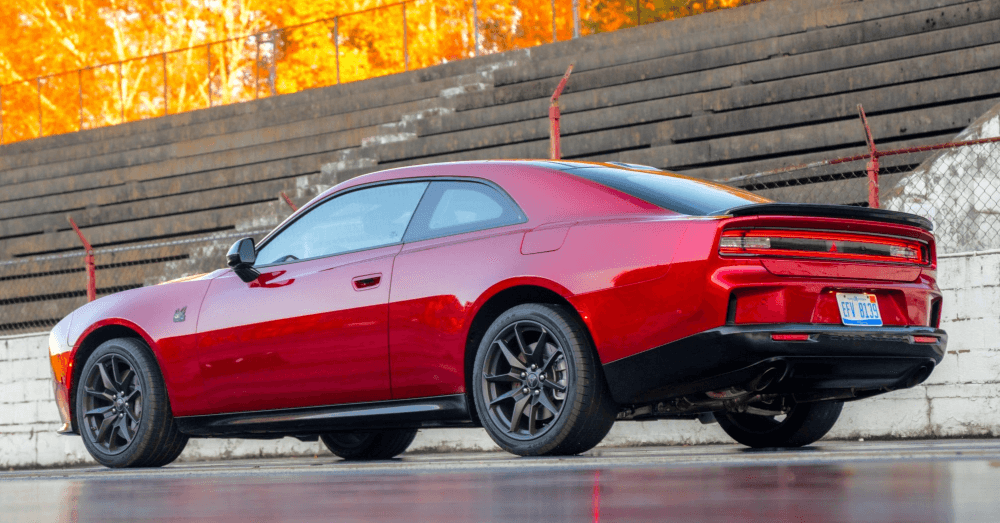What’s the Deal with Diesel? Pros and Cons for Rural Drivers

If diesel is bad for the environment, and emissions experts suggest it is, why are most farm tractors and equipment powered by diesel engines?
When it comes to the rough requirements and terrain that you find on a farm, there is one clear answer to what equipment should be powered. Although some tractors, such as those used for lawn mowing, are powered by gasoline, diesel tractors are by far the better option for big farm equipment. This fuel does the job and makes getting things done on the farm much better than tractors powered by gasoline.
Power is key
Not only is power key to getting things done on a farm or ranch, but power provided at lower rpm makes a huge difference. A gasoline tractor must be at full throttle to achieve its rated horsepower. This isn’t the case for a diesel tractor. Diesel engines can achieve their peak horsepower at about 1,500 rpm, while gasoline engines require twice the rpm to make this happen. A diesel engine has a much broader power band and achieves the desired power much sooner. This power is necessary to pull a heavy piece of farm machinery.
Durable tractor driving
The cooling systems used for various tractors make a huge difference in the durability and lifespan of an engine. A tractor powered by a diesel engine is water-cooled, allowing the engine to operate at a more consistent and cooler temperature than a gas-powered engine. This can be a huge benefit when you need to run your farm equipment during the colder months of the year.
More implements for diesel
Most gasoline-powered tractors use a belly mower with a three-point hitch; this limits the type of implements that can be used with the tractor. Even without the mower attachment, the gasoline tractor is limited in what can be used with it.
Even if you don’t need to plow fields or work on a farm, but you live in a rural area and have a long driveway, a diesel tractor is a better choice. A larger snow plow blade can be hooked up to a diesel tractor which allows you to clear more snow and use it in the cold where it will continue to operate properly.
Maintenance challenges
When you have to perform maintenance on a diesel engine, you’ll need a diesel mechanic, but thankfully, you don’t have to maintain these engines as often as gas-powered engines. Gas engines have rotors, spark plugs, points, and distributor caps, and older models have carburetors. These are all items that will need to be maintained, but diesel engines do have them.
Storage
Under the right conditions, you can store a diesel tractor for long periods of time, and it will start right up and be ready to go. This doesn’t happen with gasoline models. In fact, you must prepare a gas tractor if you want to store it.
Pros and cons of diesel engines
Pros
- Fuel Economy – Diesel engines deliver greater mileage in cars and are 20-30% more economical than most engines.
- Energy Density – Diesel is one of the most efficient and energy-dense fuels available because it contains more usable energy than gasoline
- No Tune-Ups – Diesel engines don’t have the parts mentioned, which means they do not require ignition tune-ups, which can be a time-consuming maintenance activity.
Cons
- Fuel Price – Diesel costs more than gasoline. That wasn’t always the case because diesel fuel is a byproduct of oil and gasoline, but its use has been mired, slowing production and causing the price to increase.
- Slow Speed – Diesel might be more energy-dense, but that doesn’t mean vehicles powered with this fuel are faster. In fact, today’s automotive market features diesel engines in only the largest trucks, which aren’t fast but strong workhorses.
- Maintenance – Although you won’t need to have ignition tune-ups performed, you will still need to perform regular maintenance to keep diesel engines running. There are several filters that need to be changed regularly.
The torque factor
The method for burning diesel in an engine allows them to provide much more torque than the driveshafts of gasoline engines. This ensures that diesel-powered tractors are much more capable of moving across a muddy field, turning the large tires with incredible torque power, and handling the low-speed high power needs of farmwork.
Whether you need the right tractor for your farmwork or you live in a rural area and want to have a tractor that can help you get the big jobs done, you’ll want one that’s fueled by diesel and not gasoline.
This post may contain affiliate links. If you buy products through these links, we may receive a commission, at no additional cost to you.






